Holy Father Sends Message to FAO Conference
Opening of Works of the 42nd Session of FAO’s Conference (Rome, June 14-18, 2021)
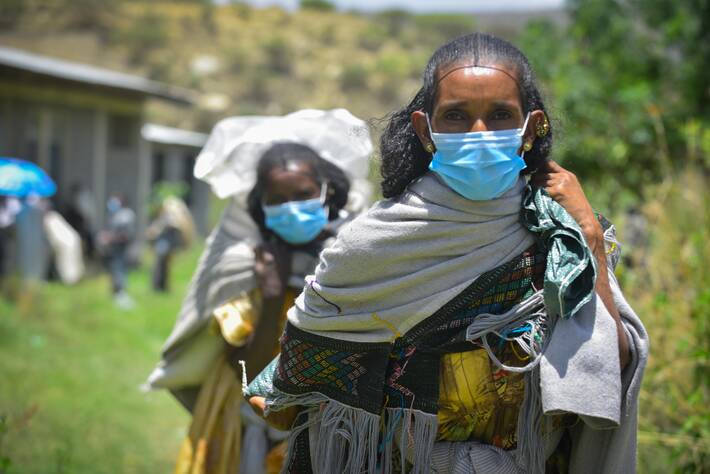
Here is a translation of the message that the Holy Father Francis sent to the President of the 42nd Session of the FAO Conference, the Minister of Climate and of the Environment of the Republic of Poland, H.E. Mr. Michal Kurtyka, on the occasion of the opening of the works, taking place in Rome from June 14-18, 2021.
* * *
The Message
To His Excellency, Mr Michal Kurtyka
Minister of Climate ad of the Environment of the Republic of Poland,
President of FAO’s 42nd Conference
The present moment, still marked by the health, economic and social crisis caused by COVID-19, highlights that the work carried out by FAO in the search of appropriate answers to the problem of food security and malnutrition, which continue to be great challenges of our time, should acquire particular prominence. Despite the achievements obtained in previous decades, many of our brothers and sisters do not yet have access to the necessary food, either in quantity or in quality.
Last year, the number of people that were exposed to the risk of acute food insecurity, and who were in need of immediate support to subsist, reached the highest number of the last five-year period. This situation could get worse in the future. The conflicts, the extreme meteorological phenomena, the economic crises, together with the present health crisis, are a source of dearth and famine for millions of people. Therefore, to address those growing vulnerabilities the adoption of policies is essential that are able to address the structural causes that induce them. To offer a solution to these needs it is especially important to guarantee that the food systems are resilient, inclusive, sustainable, and capable of offering healthy and accessible diets for all. Beneficial, in this perspective, is the development of a circular economy, which guarantees resources for all, also for future generations, and that promotes the use of renewable energies. The essential factor to recover from the crisis that scourges us is an economy to man’s measure, not subject only to earnings, but anchored in the common good, a friend of ethics, and respectful of the environment.
The re-construction of post-pandemic economies gives us the opportunity to reverse the direction followed up to now and to invest in a global food system capable of resisting future crises. Part of this is the promotion of sustainable and diversified agriculture, which keeps present the valuable role of family agriculture and that of rural communities. In fact, it’s paradoxical to see that precisely those who produce food are the ones that suffer its lack or scarcity. Three-quarters of the world’s poor live in rural areas and they depend primarily on agriculture to earn their living. However, given the lack of access to markets, to the possession of land, to financial resources, to infrastructures, and to technologies, these brothers and sisters of ours are the most exposed to suffer food insecurity.
I appreciate and encourage the efforts of the International Community geared to having every country implement the necessary mechanisms to obtain their food autonomy, be it through new development and consumption models, or forms of communal organization that preserve the local ecosystems and biodiversity (cf. Encyclical Laudato Si’, 129.180). Of great benefit would be to take recourse to the potential of innovation to support the small producers and to help them improve their capacities and their resilience. In this connection, the work you do is of particular importance in the present time of crisis.
In the present juncture, to be able to launch the restart, the fundamental step is the promotion of a culture of care, willing to address the individualist and aggressive tendency of rejection, very present in our societies. While a few sow tensions, confrontations, and falsehoods, we, instead, are invited to build a culture of peace with patience and determination, geared to initiatives that embrace all aspects of human life, and that helps us to reject the virus of indifference.
Dear friends, the simple drawing up of programs is not enough to spur the action of the International Community. Tangible gestures are necessary that have as a point of reference the common belonging to the human family and the fostering of fraternity, gestures that facilitate the creation of a society promoter of education, dialogue, and equity.
Individual responsibility arouses collective responsibility, which encourages the Family of Nations to assume concrete and effective commitments. It’s pertinent that we not think only of our interests, of private interests. Let’s take advantage of this test as an opportunity to prepare everyone’s tomorrow, without rejecting anyone, that of all, because, without an overall view, no one will have a future” (Homily during the Holy Mass of Divine Mercy, April 19, 2020).
With a warm greeting both to you, Mr. President of the Conference, as well as to FAO’s Director-General, to the Representatives of the Different Nations and International Organizations, and also to the other participants, I wish to express my gratitude for your efforts. With their structures and institutions, the Holy See and the Catholic Church support this Conference’s works and accompany you in your dedication in favor of a more just world, at the service of our vulnerable and needy brothers and sisters.
Fraternally,
Francis
Vatican, June 14, 2021
© Libreria Editrice Vatican
[Original text: Spanish] [Exaudi’s translation by Virginia M. Forrester]
Related
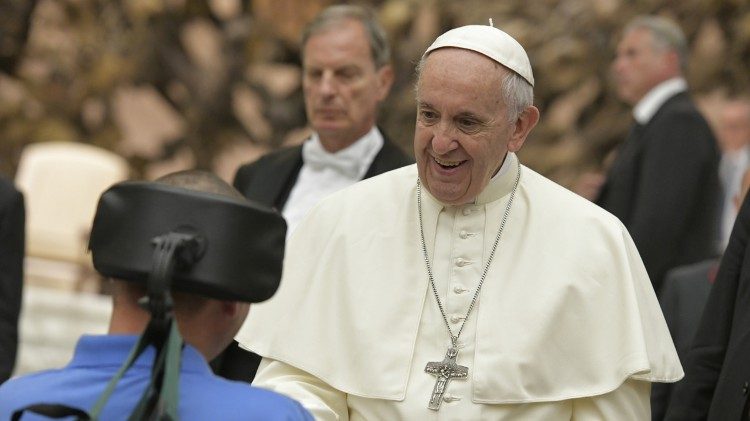
Francis. The Human and Religious Imprint of a Papacy
Isabel Orellana
24 April, 2025
5 min
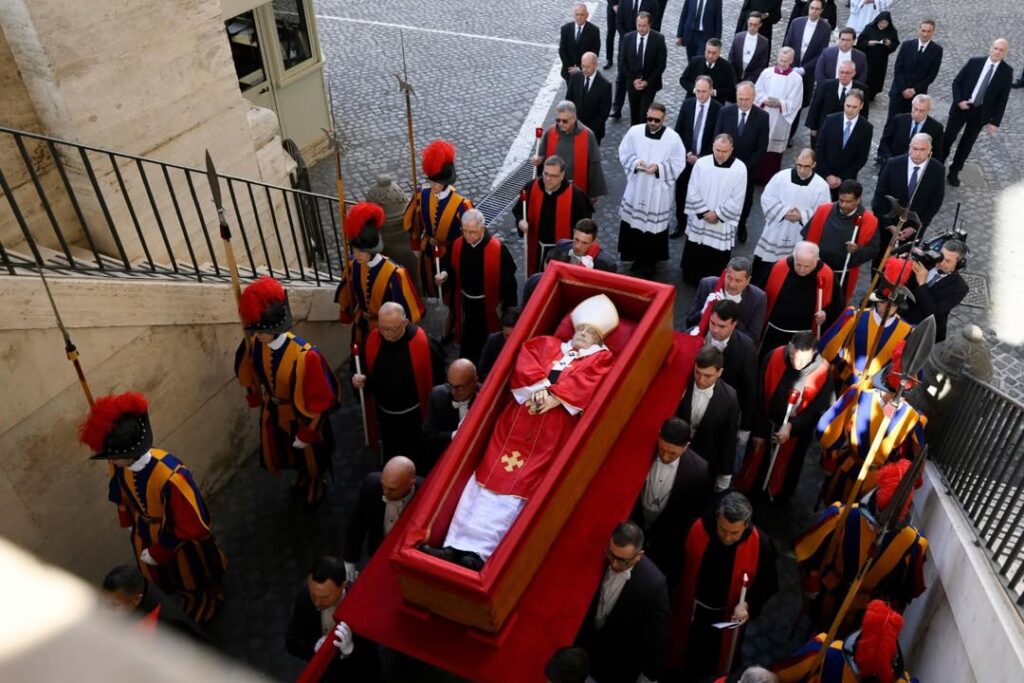
A Pope’s Last Journey: Francis’ Body Transferred to St. Peter’s
Exaudi Staff
24 April, 2025
3 min
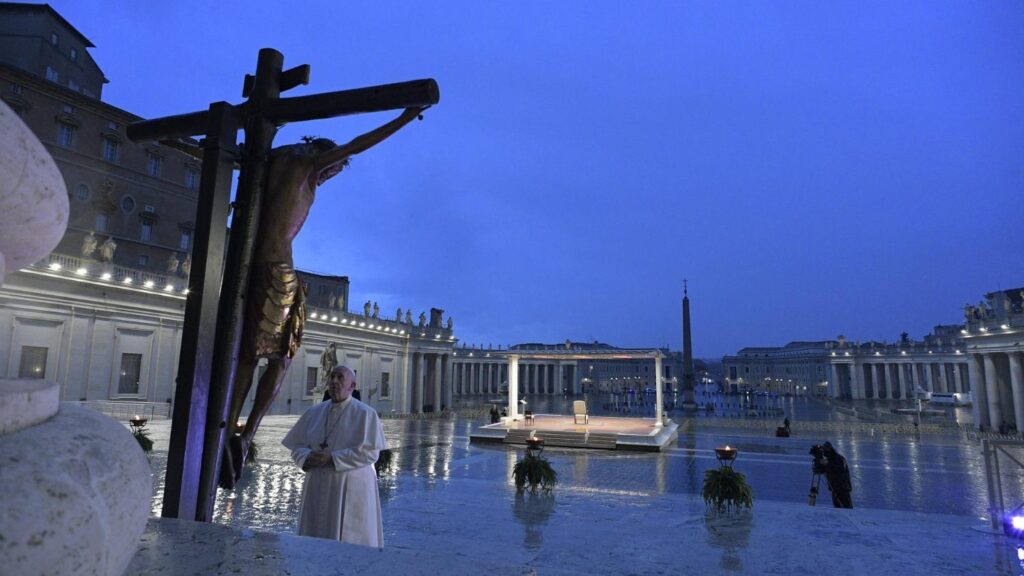
Cardinal Felipe Arizmendi: With the Risen Christ, There Is Hope
Felipe Arizmendi
24 April, 2025
6 min
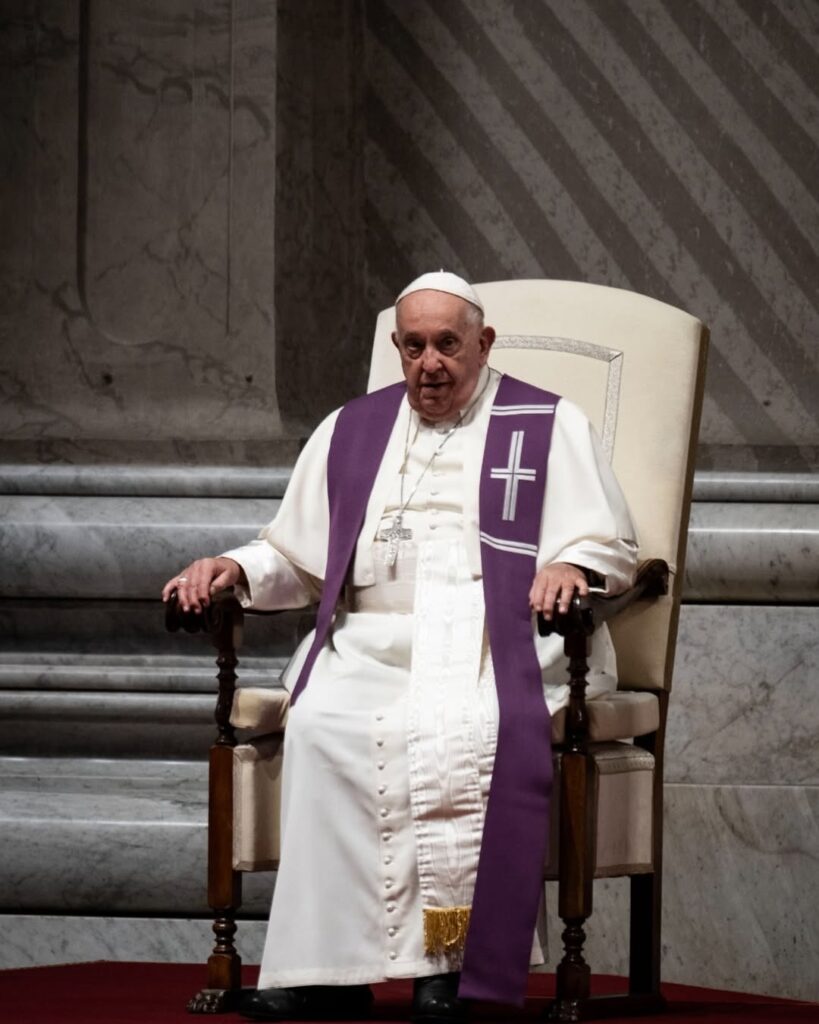
You Didn’t Give Up
Exaudi Staff
23 April, 2025
2 min
 (EN)
(EN)
 (ES)
(ES)
 (IT)
(IT)

